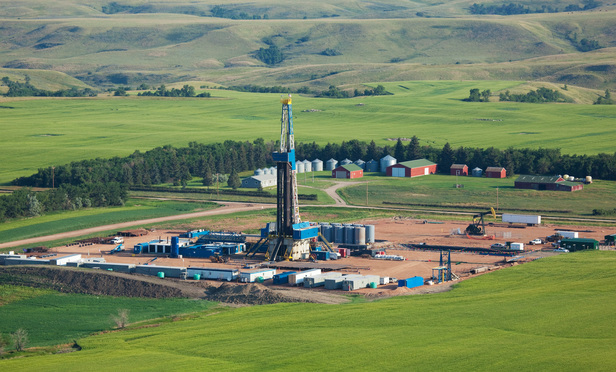In the wake of the Texas Supreme Court’s recent decision in Environmental Processing Systems v. FPL Farming, the oil and gas industry in Texas is still left to wonder how traditional trespass claims apply to subsurface activities. According to the doctrine of ad coleum, ownership rights in real property extend up to the heavens and down to the earth’s core. A right that is incidental to ownership is the right to exclude trespassers. When that right is violated, the owner has a cause of action for trespass.
For practical reasons, the doctrine of ad coleum and the law of trespass do not always coincide. On the surface, the owner’s right to exclude others is nearly absolute—any unauthorized entry, regardless of whether it causes actual harm, gives rise to a cause of action for trespass. But recognizing the same right at 30,000 feet would significantly impede air travel. So, with respect to “airspace,” courts have placed a practical limitation on trespass claims by requiring a plaintiff to show actual and substantial harm.
This content has been archived. It is available through our partners, LexisNexis® and Bloomberg Law.
To view this content, please continue to their sites.
Not a Lexis Subscriber?
Subscribe Now
Not a Bloomberg Law Subscriber?
Subscribe Now
LexisNexis® and Bloomberg Law are third party online distributors of the broad collection of current and archived versions of ALM's legal news publications. LexisNexis® and Bloomberg Law customers are able to access and use ALM's content, including content from the National Law Journal, The American Lawyer, Legaltech News, The New York Law Journal, and Corporate Counsel, as well as other sources of legal information.
For questions call 1-877-256-2472 or contact us at [email protected]



